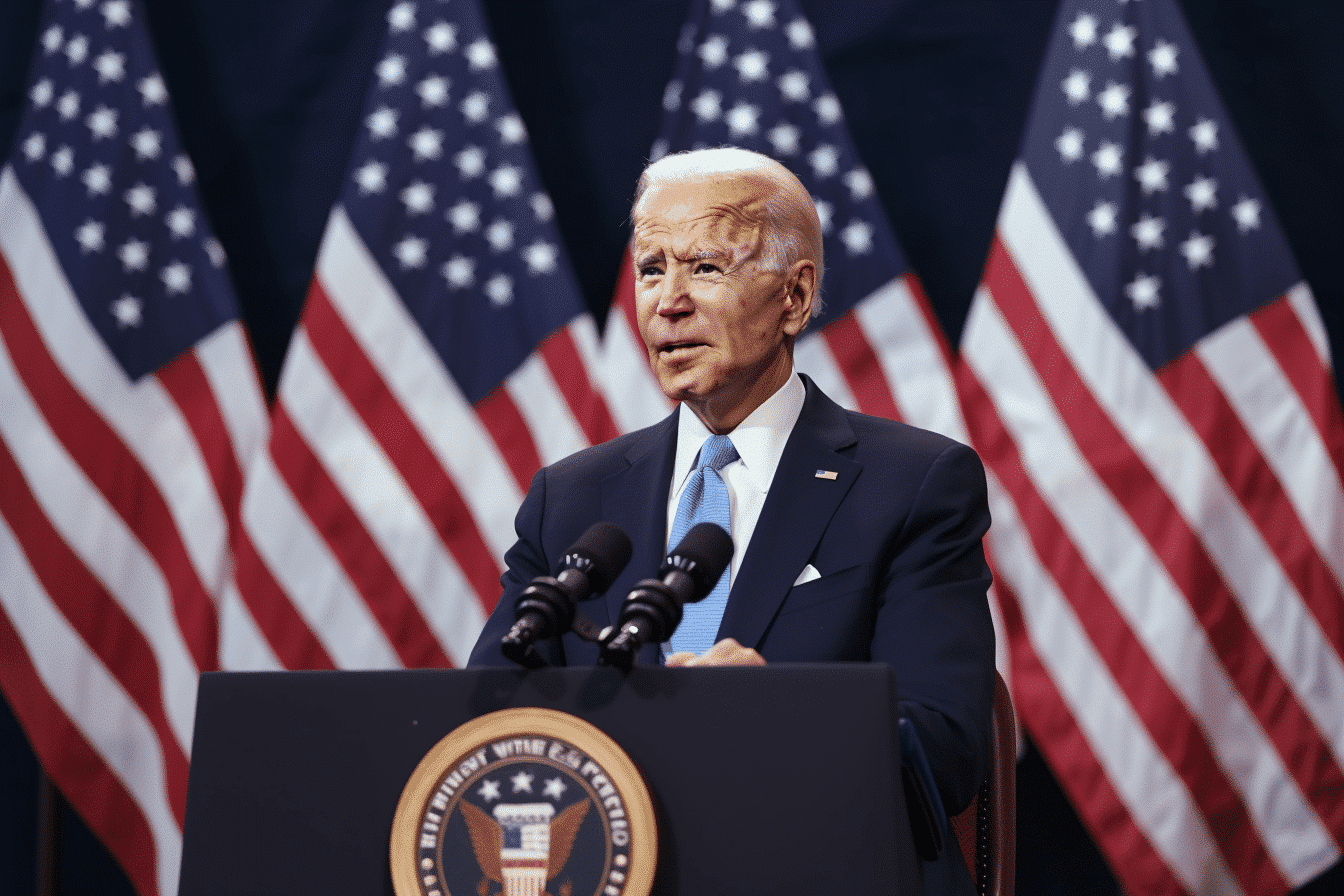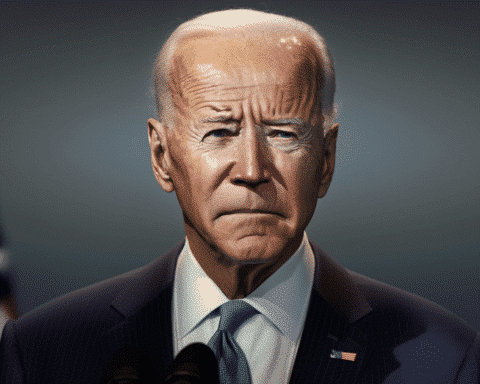Recent findings from The Associated Press-NORC Center for Public Affairs Research have illuminated a notable shift in Democratic sentiment towards President Joe Biden’s handling of the Israel-Hamas conflict. The poll, conducted during a turbulent period marked by renewed hostilities and diplomatic challenges, highlights the complexities of U.S. foreign policy and the divergent opinions among American voters.
As the dust settles on the latest chapter of the decades-old Israeli-Palestinian conflict, a new poll from The Associated Press-NORC Center for Public Affairs Research sheds light on the American political landscape. The poll reveals a slight uptick in Democratic approval for President Joe Biden’s approach to the crisis, with 59% of Democrats now supporting his strategy, compared to 50% in November.
This increase coincides with Biden’s intensified focus on reducing civilian casualties in Gaza, advocating for an independent Palestinian state, and successfully negotiating the release of hostages held by Hamas during a brief ceasefire. However, the issue remains divisive among Democrats, who show less enthusiasm for Biden’s conflict handling than his overall presidential performance, which enjoys a 75% approval rating.
Public opinion is shaped by various voices, with Greg Baird and Ginger Sommers expressing support for Biden’s efforts. Both acknowledge the situation’s complexities, with Baird emphasizing the importance of standing by Israel, a key U.S. ally, and Sommers expressing relief at Biden’s leadership compared to the hypothetical scenario of Trump in office.
Conversely, Rocio Acosta expresses disappointment in the rush to aid Israel, reflecting a sentiment for non-intervention and a focus on domestic issues in the U.S.
Amidst these diverse opinions, Biden defends his approach, underscoring his direct communication with Israeli leaders and efforts to increase humanitarian aid to Gaza. The conflict’s evolving nature necessitates a delicate balancing act for the U.S. administration, particularly in achieving goals like hostage recovery and negotiating a permanent ceasefire.
The AP-NORC poll not only reflects changing perceptions among Democrats but also underscores the intricate balance of foreign policy objectives. With the resumption of hostilities in the Gaza Strip, the U.S. finds itself navigating a complex geopolitical landscape, striving to uphold its values and strategic interests. As President Biden continues to address these challenges, the fluctuating public opinion serves as a reminder of the ever-evolving nature of international diplomacy and its impact on domestic politics.




